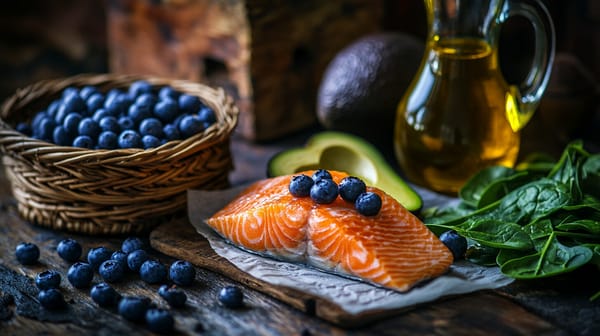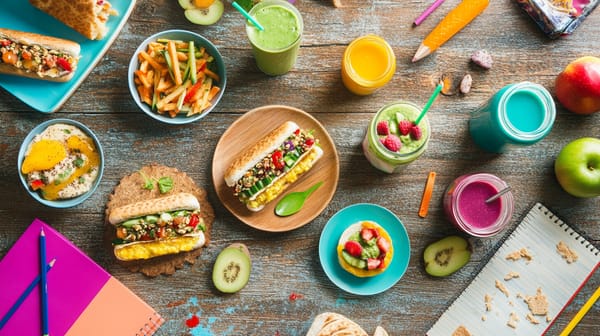Rethinking Self-Control: A Sustainable Approach to Eating

The Myth of Absolute Self-Control
Our culture often presents self-control, especially when it comes to eating, as an all-or-nothing proposition. Either you have the willpower to resist all temptations and stick to a strict diet, or you succumb to unhealthy cravings and lose control completely. This black-and-white view sets up a vicious cycle, where any small indulgence feels like a failure that ruins the entire effort.
But behavioral psychologists argue this conception of self-control is flawed and counterproductive. True loss of control is when your actions undermine your long-term goals and leave you with regrets. Simply enjoying a reasonable treat within your overall healthy eating plan is not a lack of self-control at all. In fact, allowing for some flexibility and pleasure makes it easier to sustain healthy habits most of the time.
A More Balanced Definition of Self-Control
Rather than an absolute state you either have or don't, self-control should be seen as an ongoing decision process. The key is to make choices where the benefits outweigh the negatives in terms of your overarching objectives. Having a piece of chocolate cake occasionally can actually support your weight loss goals if it:
- Fits within your daily calorie targets
- Prevents feelings of deprivation that could lead to overeating later
- Allows you to participate in social celebrations
- Makes you feel satisfied so you stick with nutritious options at other meals
The goal is not perfect eating but a balanced, sustainable approach you can maintain long-term. Ironically, being too rigid and restrictive often leads to losing control later through yoyo dieting or bingeing.
Strategies for a Healthier Mindset
To cultivate this more effective version of self-control:
Avoid "good" and "bad" labels
Foods aren't moral entities. Assigning these judgements to what you eat also judges your self-worth. Instead categorize foods on a spectrum from "healthier" to "less healthy." You can incorporate both in moderation.
Plan for pleasure
If you love ice cream, trying to swear it off forever is unrealistic. Decide ahead how to fit reasonable portions into your life. Make your overall diet full of nutritious foods you enjoy so treats have less power.
Track your progress
Logging what you eat in an app provides data on all the times you do make positive choices, even if you have an off-day. Focusing on your successes boosts motivation.
Allow for lapses
Exceeding your limits occasionally is normal and expected. It doesn't negate all your other efforts. Get back on track with your next meal. Only a complete return to old patterns is true relapse.
Ultimately, self-control isn't something you gain once and then have forever. It's a skill you build through consistent, compassionate choices that align with your values. Each time you make the decision that matches your goals, even imperfectly, you demonstrate real control.




